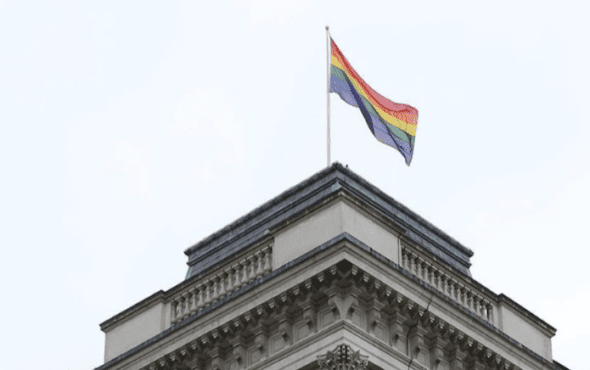
Poland’s LGBTQ+ community is potentially at risk after a high court challenged the primacy of EU laws.
On Thursday, the country’s constitutional tribunal ruled that the EU and some of its key treaty articles go against Poland’s own constitution.
Back in March, the country’s prime minister Mateusz Morawiecki introduced the case after clashing with the EU over various issues including LGBTQ+ rights.
The European Commission has since spoken out against the ruling while reaffirming its primacy of Poland and its national law.
“We will analyse the ruling of Polish Constitutional Tribunal in detail and we will decide on the next steps,” they said.
“The Commission will not hesitate to make use of its powers under the Treaties to safeguard the uniform application and integrity of Union law.
“The European Union is a community of values and of law, which must be upheld in all Member States. The rights of Europeans under the Treaties must be protected, no matter where they live in the European Union.”
The ruling has also spawned fears of Poland exiting the EU, which could negatively affect the country’s queer community.
Warsaw’s LGBTQ+ inclusive mayor Rafał Trzaskowski expressed his concern for the future in a statement.
“It is difficult to imagine a more serious breach of the obligations of a member state than the ruling of the pseudo-tribunal under the dictation of Kaczyński,” he said.
Before Thursday’s ruling, Poland and its Law and Justice (PiS) party faced immense backlash for their anti-LGBTQ+ viewpoints and policies.
In 2019, numerous towns and regions with the country made a pledge to oppose “LGBT ideology”, which they said undermined Poland’s ‘traditional’ Christian values.
The “LGBT-Free” zones were swiftly denounced by EU leaders, who passed a resolution that declared all countries in the Union a “freedom zone” for LGBTQ+ people.
The country’s funding was also threatened, which resulted in the country’s conservative government implementing plans to reel back changes.
According to the Polish media, the area is now committed to “a guarantee of equality and fair treatment for all”.



